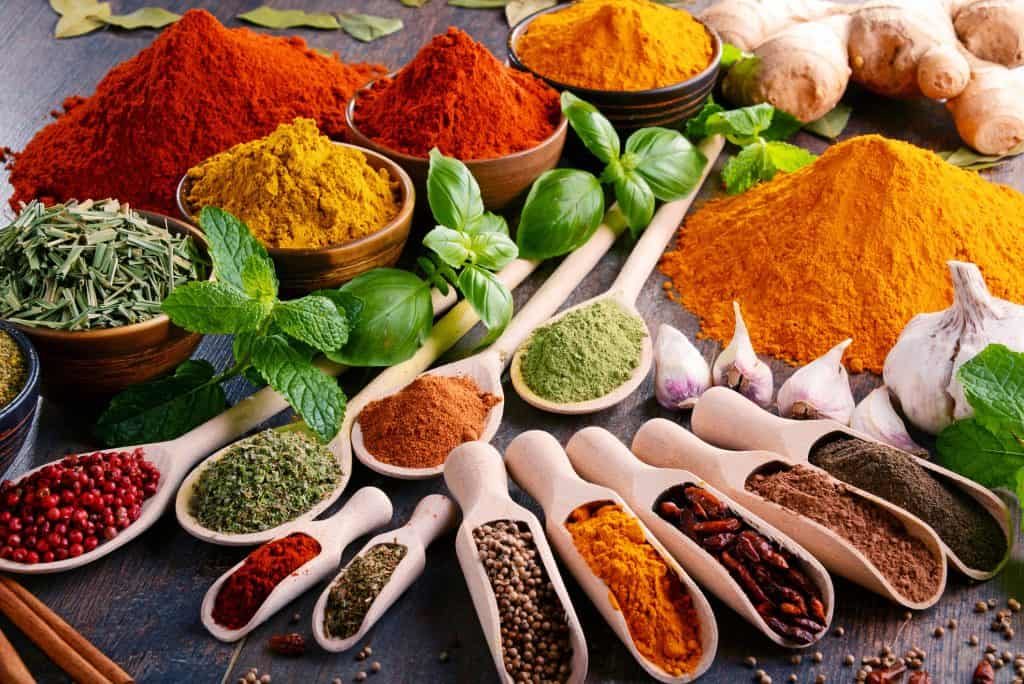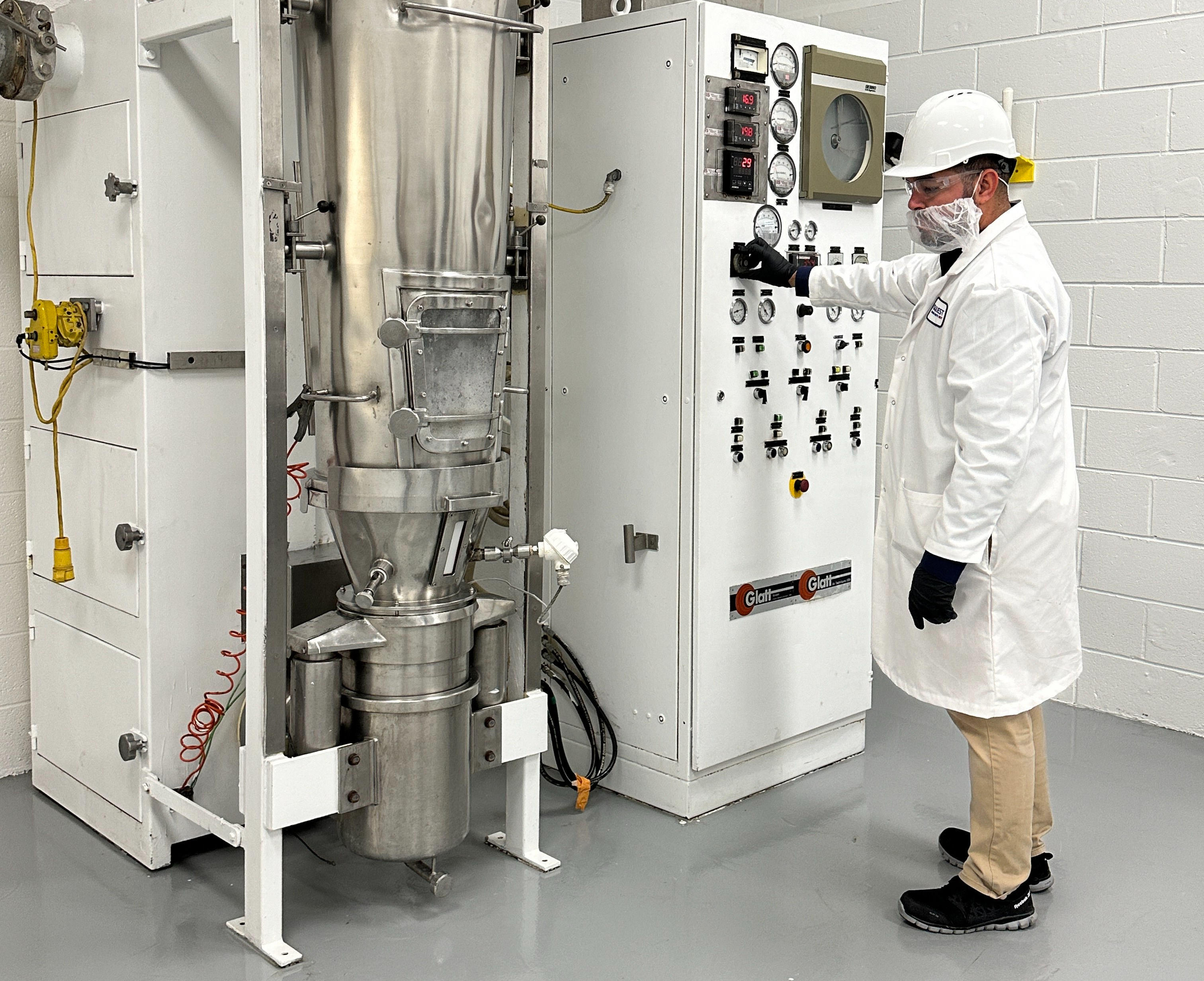Mark Blumenthal, Founder of BAPP and Founder & Executive Director of the American Botanical Council (ABC), said in the press release: “There are numerous ingredient suppliers and manufacturers in the botanical industry that operate their businesses ethically and responsibly, producing reliable and authentic botanical and fungal ingredients and a variety of natural consumer products. We are truly grateful for the financial, scientific, and moral support that BAPP receives from these companies, and many other parties in the global community who recognize the vitally important research and educational role that BAPP plays in the international medicinal plant and botanical industry.”
Loren Israelsen, President of the United Natural Products Alliance, wrote: "Intentional adulteration is the bane of the botanical industry and has been for centuries. The American Botanical Council recognized this problem as central to their mission and to the reputation of our industry and trust of our consumers. BAPP has now completed its 10th year and has become the essential science-based resource for information and tools to detect and remove adulterants from commerce. This is a major achievement. There is much work to be done. I salute ABC, AHP, and NCNPR for their determination to openly address and commit to resolving this persistent scourge within our industry."
BAPP was founded in 2011 as a research and education program to assist members of the botanical industry in authenticating botanical raw materials, extracts, and essential oils, as well as to detect their adulteration. The ultimate goal of BAPP is to help ensure the authenticity of botanical ingredients in consumer products. The BAPP partnership includes ABC, the American Herbal Pharmacopoeia (AHP), and the National Center for Natural Products Research (NCNPR) at the University of Mississippi.
Professor Ikhlas Khan, Ph.D., Director of NCNPR stated in the press release: “We are very pleased to be part of BAPP which has been serving the global medicinal plant research and industry communities for a decade, addressing the issue of adulteration and fraud, and providing invaluable and highly reliable educational materials for everyone involved.”
Related: BAPP Publishes Adulterants Bulletin on Milk Thistle Indena: Celebrating 100 Years American Botanical Council Launches New Website
As of March 2021, BAPP has published 63 peer-reviewed documents, available for free on the BAPP homepage. The documents include 22 Botanical Adulterants Prevention Bulletins, 10 Laboratory Guidance Documents, the Botanical Adulterants Monitor e-newsletter, and articles in ABC’s peer-reviewed journalHerbalGram.BAPP scientists have authored or co-authored research papers in peer-reviewed scientific journals and have participated in speeches, webinars, and media interviews related to the global challenges associated with economically motivated adulteration.
In an informal survey of 115 BAPP supporters, 24 supplement industry representatives responded that they had implemented new quality control measures due to BAPP publications, 15 revising their ingredient specifications, and 18 changing ingredient suppliers based on information provided by BAPP.
Stefan Gafner, Ph.D., Chief Science Officer of ABC and BAPP’s Technical Director, added: “For me, this is a moment to look back at what BAPP has achieved over the past 10 years. If, as industry feedback suggests, BAPP has indeed helped to bring better quality supplements and other botanical products to the consumer, then I would say it has been successful.”
Roy Upton, Founder and President of AHP commented: “AHP has always believed that educating industry about the prevalence of botanical adulteration, and more importantly, providing solutions, is a key to safeguarding public health. After 10 years, I can honestly say that various segments of the industry have made changes needed to minimize the incidence of adulteration. There will always be those who intentionally trade in fraudulent materials for economic gain. For those who want to do it right, BAPP has made it much easier. For those who don’t, the FDA hopefully is watching.”
Future BAPP publications will include a LGD on olive oil, BAPBs on pomegranate and saffron, and a review of laboratory analytical testing demonstrating the adulteration of elderberry in the upcoming issue ofHerbalGram, issue 130.










